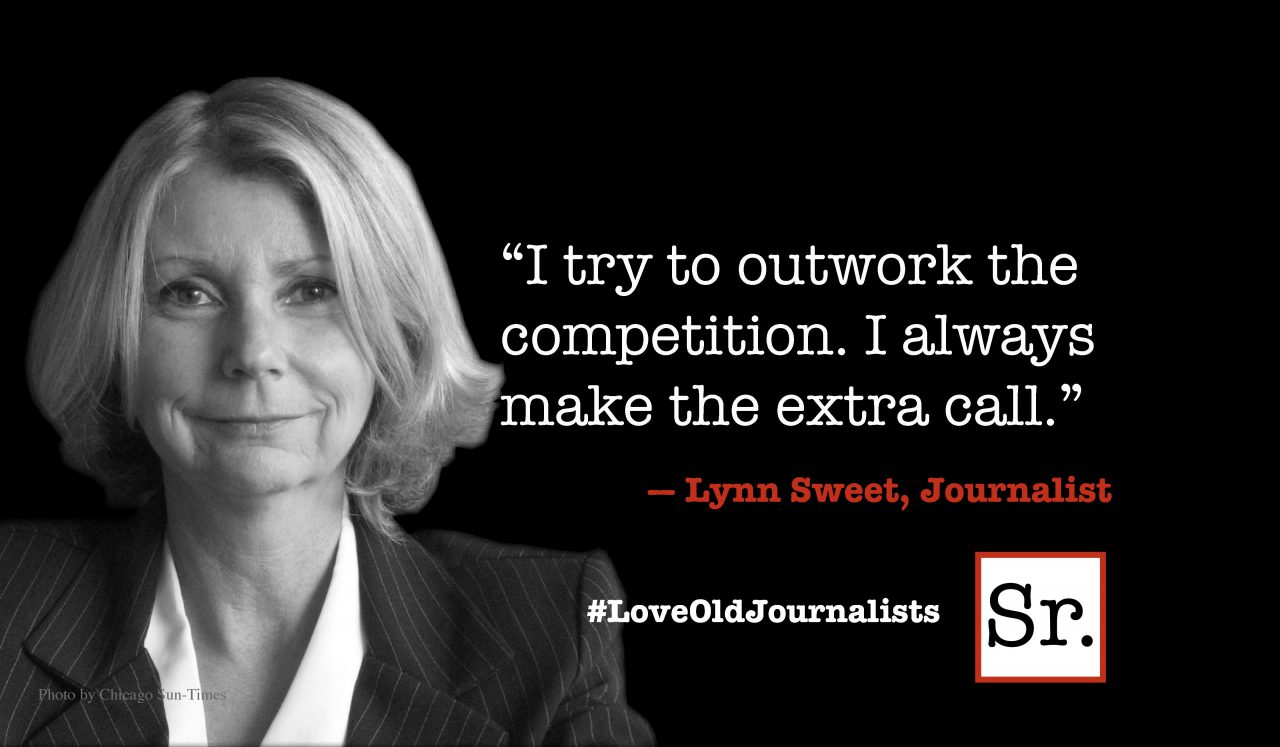New dreams call for new behaviors. What worked in the past only digs holes in the present. Start again, but don’t resort to default behaviors, imagine new.
Past behaviors worked in the past, but you’ve changed and so has the world. Old strategies and methods won’t fulfill new dreams.
Old bag:
During stressful situations you reach into a well-worn back of tools – default responses. Defaults invisibly fit your grip. They’ll work again, you believe.
Default responses blind to new possibilities.
Two year olds get what they want by kicking and screaming. Leaders, who haven’t grown up, reach in their tool bag and pull out default responses of anger, for example.
Negative defaults:
The following strategies worked for you in the past.
- Pushing harder rather than stepping back.
- Anger rather than openness.
- Blame rather than responsibility.
- Attack rather than collaboration.
- Stubbornness rather than flexibility.
- Defending rather than listening.
- Explaining rather than exploring.
- Withdrawal rather than reaching out.
- Taking things personally rather than focusing on issues.
- All or nothing rather than progress.
Don’t let default responses bury you.
New dreams require new tools.
Imagine:
Ask someone who is in default-mode to imagine other responses and they go blank. Addressing defaults:
- Invite someone to tell you what you look like when you’re in default mode. Better yet, ask them to talk/act like you act so you can see it. (Fasten your seat belt.)
- Forget solutions; explore strategies. Stop solving the problem and examine the way you’re solving problems.
- Uncover desired outcomes. What are you really after when you default to your default responses? Is it what you really want? What do you really want? Get that.
- What do your default responses say about you?
- How would someone you admire deal with situations you’re in?
What default responses do you see in others? In yourself?
How can leaders escape default responses that are holding them back?








